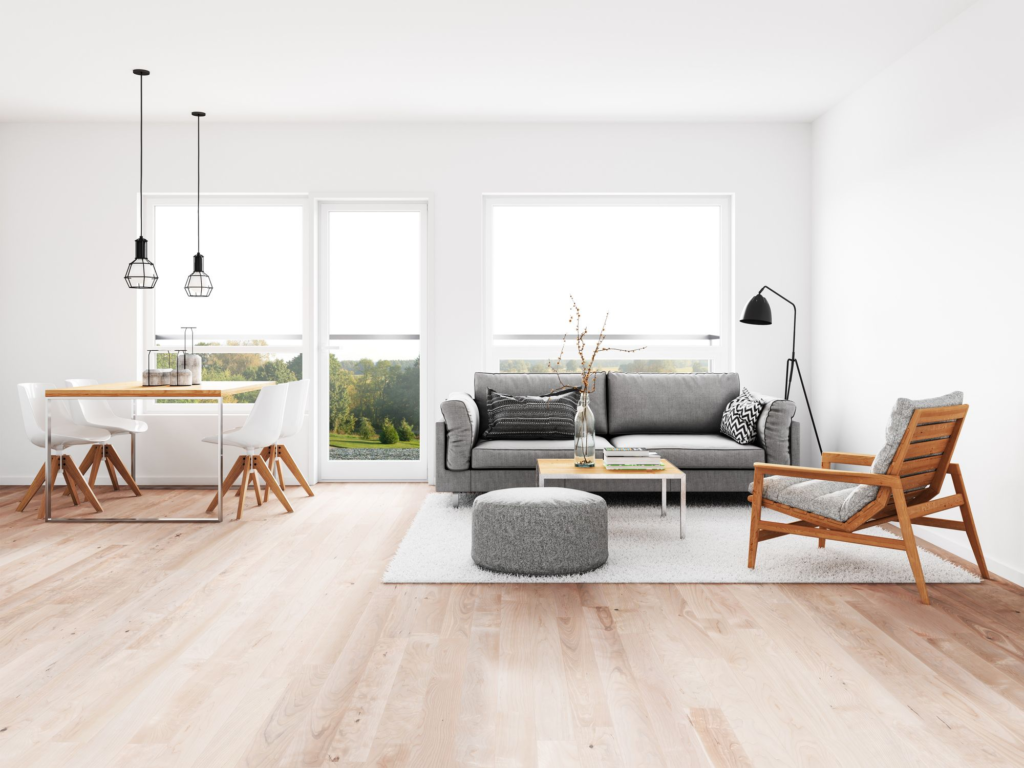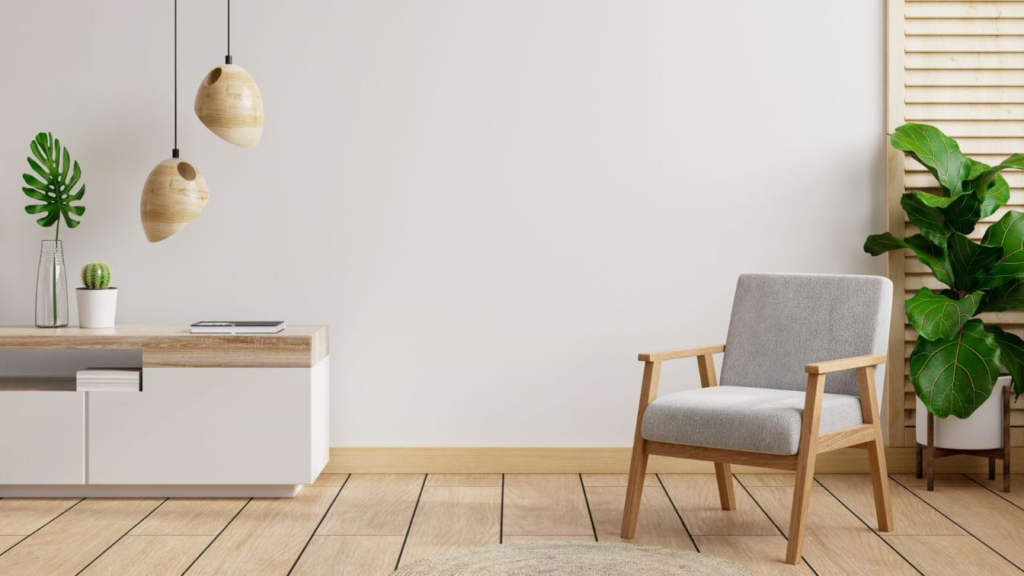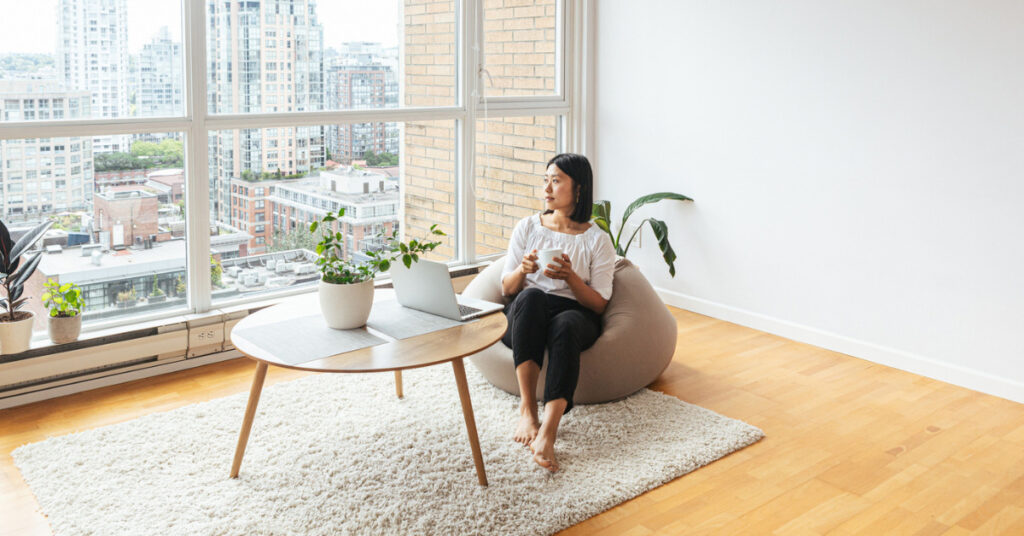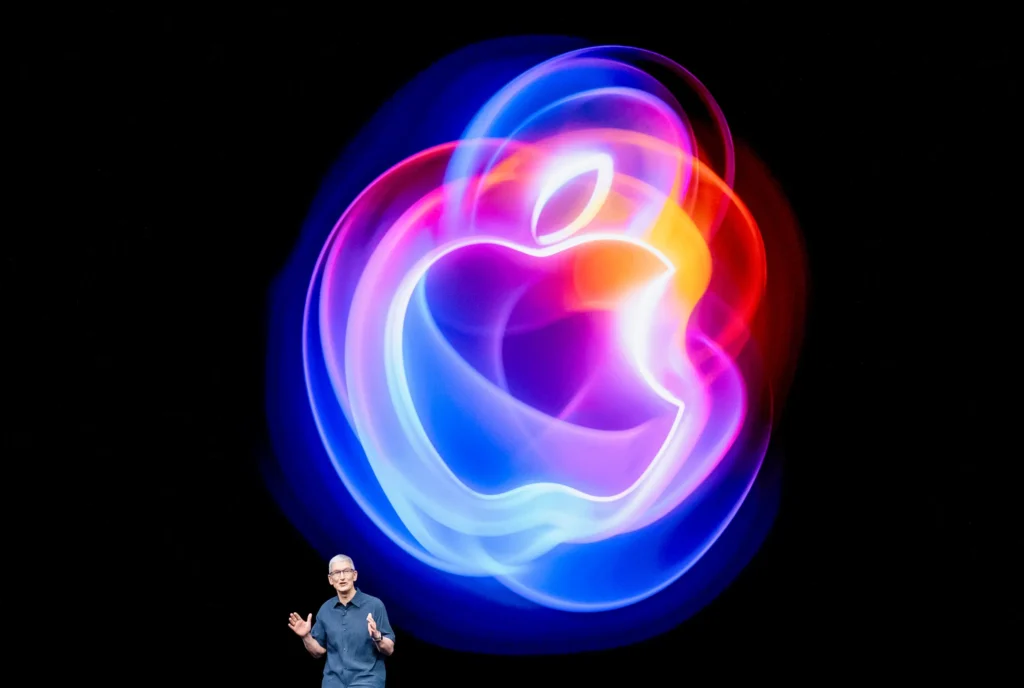Have you ever felt overwhelmed by the clutter in your home and mind? You’re not alone. In a world that constantly pushes us to accumulate more, many are discovering the transformative power of minimalist living. This lifestyle isn’t just about having fewer possessions; it’s a journey towards simplifying life and reducing stress. Imagine waking up in a serene space, free from distractions, where every item has purpose and meaning. The allure of minimalism lies in its promise: embrace simplicity, declutter your surroundings, and create room for what truly matters. Join me as we explore the myriad benefits of minimalist living and how this philosophy can lead to a happier, more fulfilling existence.

What is Minimalist Living?
Minimalist living is all about stripping away excess and focusing on what truly matters. It encourages individuals to evaluate their possessions, relationships, and commitments through a lens of purpose.
At its core, minimalism challenges the notion that happiness comes from accumulation. Instead, it advocates for intentionality in every aspect of life. This means surrounding yourself only with things that bring joy or serve a function.
Many find that adopting a minimalist lifestyle leads to greater clarity and peace of mind. By reducing distractions, you create space for meaningful experiences and connections.
Minimalist living isn’t just about physical items; it’s also an approach to mental wellness. Simplifying your environment can lead to less stress and more mindfulness in daily routines. It’s about embracing the idea that less really can be more.
The History and Philosophy behind Minimalism
Minimalism has deep roots that extend beyond modern trends. It can be traced back to ancient philosophies, including Stoicism and Buddhism. These teachings emphasize simplicity and the importance of focusing on what truly matters.
Throughout history, artists and writers have embraced minimalist principles. The Bauhaus movement in the early 20th century sought to strip away excess in design. This laid the groundwork for contemporary minimalism in art, which celebrates space and form over clutter.
In today’s fast-paced world, minimalist living reflects a desire for clarity amidst chaos. It encourages individuals to evaluate their possessions and priorities critically. By shedding distractions, people can cultivate mindfulness.
The philosophy behind minimalism champions intentionality—choosing quality over quantity leads to richer experiences. As society continues to grapple with consumer culture, more individuals are discovering solace through simple living practices rooted in these timeless ideals.
Benefits of Minimalist Living
Minimalist living brings clarity to your life. With fewer possessions, it becomes easier to focus on what truly matters. This shift can lead to enhanced mental well-being.
Stress reduction is another key benefit. A clutter-free environment reduces distractions and promotes calmness. You may find that a tidy space fosters creativity and productivity.
Financial freedom often follows the minimalist path. By prioritizing experiences over material goods, you can save money and invest in moments that enrich your life.
Additionally, embracing simplicity encourages mindfulness. You become more present in each moment when you let go of excess baggage—both physical and emotional.
The pursuit of minimalism also nurtures meaningful connections with others. When you’re not preoccupied with things, you have more time for relationships that bring joy and fulfillment into your life.

Tips for Transitioning to a Minimalist Lifestyle
Start small. Choose one room or area to declutter first. This makes the process less overwhelming and more achievable.
Set clear goals. Define what minimalist living means for you. Whether it’s owning fewer items or simplifying your schedule, having a goal keeps you focused.
Try the 30-day challenge. For each day of the month, eliminate one item from your life. By the end, you’ll be amazed at how much you’ve let go.
Embrace quality over quantity. Invest in versatile pieces that serve multiple purposes instead of accumulating many single-use items.
Create a system for incoming items. Establish rules about what can enter your home to prevent clutter from creeping back in.
Involve others in your journey if possible. Share experiences with friends or family who are also interested in simple living; motivation is contagious!
Decluttering Your Home and Mind
Decluttering your home is more than just organizing your belongings; it’s about creating a serene environment that reflects clarity and peace. Start small. Tackle one room or even one drawer at a time. This reduces overwhelm and allows you to see progress quickly.
As you sort through items, ask yourself: Do I really need this? If it doesn’t serve a purpose or bring joy, consider letting it go. Donate, recycle, or toss—each choice lightens your load.
Now, let’s shift the focus inward. A cluttered mind can be as burdensome as a chaotic space. Practice mindfulness techniques such as meditation or journaling to clear mental fog.
Breathing exercises also help ground you in the present moment. Embrace simplicity not just in what surrounds you but within yourself too. With less distraction around and fewer thoughts swirling in your head, life becomes more manageable and peaceful.
The Environmental Impact of Minimalism
Minimalist living goes beyond personal benefits; it significantly impacts the environment. By choosing simplicity, individuals tend to consume less. This conscious choice leads to reduced waste.
When you embrace a minimalist lifestyle, you’re more likely to prioritize quality over quantity. Investing in durable items means fewer products end up in landfills. It’s a shift towards sustainable consumption that minimizes ecological footprints.
Moreover, minimalism encourages intentional living. Fewer possessions often translate into simpler routines and less demand for resources like energy and water used for manufacturing and transportation.
By decluttering not just our homes but also our lives, we can contribute to cleaner spaces and healthier ecosystems. Each small change fosters greater awareness of our environmental responsibilities.
Choosing minimalism isn’t only about personal freedom; it’s also about making mindful choices that foster sustainability for future generations.

Conclusion: Embracing Minimalism for a Happier and More Fulfilling Life
Embracing minimalist living can transform your daily experience. As you simplify life, the benefits extend beyond just physical possessions. You’ll discover greater clarity in your mind and a profound sense of peace that comes from reducing clutter.
Living with less encourages intentional choices. It allows room for what truly matters: relationships, personal growth, and experiences rather than material goods. The practice of decluttering not only creates a serene environment but also fosters mindfulness—enhancing your overall well-being.
As you gradually adopt this lifestyle, you’ll notice reduced stress levels. With fewer distractions, it becomes easier to focus on what brings joy and fulfillment into your life. Minimalism teaches us that less really is more; by letting go of excess, we make space for abundance in other areas.
The journey towards simple living is deeply personal yet universally rewarding. Each step taken toward minimalism opens doors to new possibilities—leading to a happier existence rooted in purpose and intention. Embrace the change today and witness how these small adjustments lead to significant transformations both inside and out—a path paved toward mindful living filled with joy and satisfaction awaits you.
Learn more about Minimalism as a Lifestyle!
For more such content, please visit QAWire


